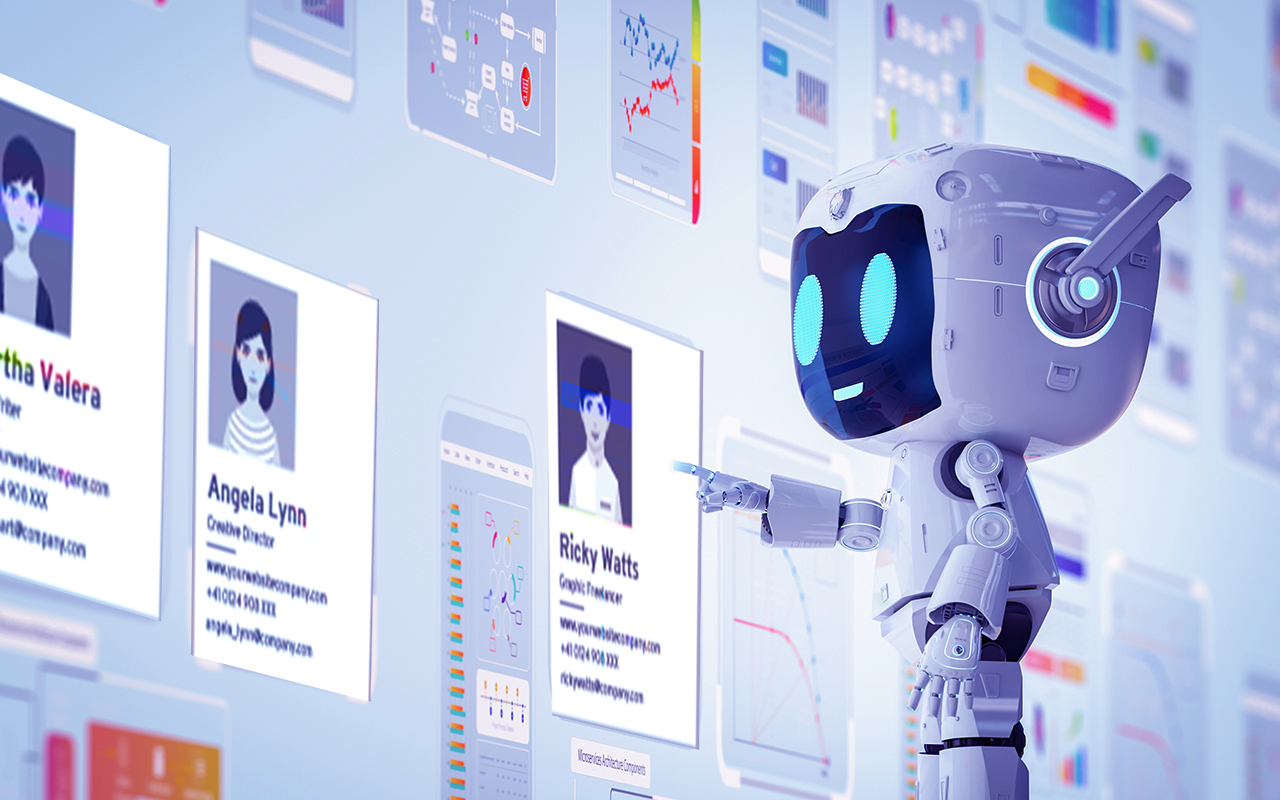- Published:
- Reading time: 8 minutes
The Urgency for AI-Driven Transparency & Performance in Pharma
Pharmaceutical supply chains are among the most complex and regulated in the world, yet they remain highly vulnerable to unpredictable disruptions. From supplier failures and geopolitical conflicts to regulatory changes and fluctuating demand, risks are ever-present. Traditionally, pharmaceutical companies have relied on reactive risk management—addressing issues only after they arise, leading to costly delays, financial losses, and, most critically, disruptions in patient care.
The consequences of supply chain failures in the pharmaceutical industry extend beyond lost revenue or operational inefficiencies. When medications are delayed, patients waiting on life-saving treatments face serious health risks. Regulatory penalties for non-compliance further complicate operations, forcing companies to spend millions in fines and remediation efforts. Given these stakes, the need for a proactive, AI-driven approach to risk management has never been more urgent.
AI-powered predictive analytics is revolutionizing risk management in pharma supply chains, enabling companies to detect potential disruptions, predict failures, and implement contingency plans before problems escalate. With the ability to process massive volumes of real-time data, AI identifies hidden vulnerabilities, anticipates demand fluctuations, and optimizes supplier sourcing strategies. This article explores how AI is transforming supply chain risk management from a reactive process to a proactive and predictive approach, ensuring pharmaceutical companies stay ahead of disruptions rather than scrambling to contain them.
Why Traditional Risk Management Fails in Pharma Supply Chains
One of the most significant limitations of traditional risk management is the lack of visibility into supplier vulnerabilities. Many pharmaceutical companies operate within rigid supply chains, relying on a limited number of suppliers for critical raw materials. The pharmaceutical company is left without an immediate backup plan when a supplier fails—whether due to economic instability, regulatory violations, or logistical issues. The process of identifying and onboarding a new supplier can take weeks or even months, significantly disrupting production.
Another major challenge is inaccurate demand forecasting. Traditional forecasting methods rely on historical sales data, which fails to account for real-time shifts in market demand. When unexpected surges occur—such as during the COVID-19 pandemic—supply chains are often left unprepared, resulting in either critical shortages of life-saving drugs or an excess inventory that leads to wastage and financial losses.
Regulatory compliance also poses a substantial risk. Pharmaceutical companies must navigate complex, ever-evolving regulations, ensuring that every step of the supply chain meets stringent quality and safety standards. Compliance failures not only result in costly legal penalties but also erode public trust and corporate reputation. Traditional compliance tracking methods, which often involve manual audits and documentation, are prone to errors and inefficiencies that increase non-compliance risks.
AI-Driven Supplier Diversification and Contingency Planning
A well-diversified supply chain is the cornerstone of resilience. Pharmaceutical companies that rely too heavily on a single supplier for raw materials or active pharmaceutical ingredients (APIs) are exposing themselves to significant risk. AI enables pharmaceutical companies to dynamically evaluate, rank, and source alternative suppliers, ensuring that they are never dependent on a single source of supply.
- Financial health and stability of suppliers.
- Geopolitical risks and trade regulations that may impact global sourcing.
- Logistical performance metrics, such as on-time delivery rates and defect rates.
- Regulatory compliance history to ensure that alternative suppliers meet quality and safety standards.
When disruptions occur, AI can instantly recommend alternative sourcing strategies, allowing companies to pivot quickly and avoid production delays. In a world where supply chain agility can mean the difference between product availability and catastrophic shortages, AI-driven contingency planning is an essential investment.
AI-Driven Risk Forecasting: Preparing for the Unpredictable
AI’s ability to forecast risks extends beyond suppliers. By analyzing geopolitical events, economic indicators, and environmental conditions, AI can predict macro-level disruptions that may impact the pharmaceutical industry.
For instance, AI models can analyze real-time trade policy changes, economic downturns, and climate data to assess the likelihood of disruptions in global supply chains. Suppose AI detects early warning signs of an impending trade war or a regulatory crackdown in a key manufacturing region. In that case, pharmaceutical companies can adjust their procurement and distribution strategies ahead of time, ensuring minimal disruption to operations.
AI also plays a crucial role in anticipating consumer demand shifts. By integrating AI with electronic health records (EHRs), epidemiological reports, and prescription trends, pharmaceutical companies can predict surges in drug demand well before they happen. This enables companies to adjust production cycles, strengthen supply chain networks, and ensure that critical medications reach patients when they are needed most.
Conclusion: AI is the Future of Risk Management in Pharma Supply Chains
The pharmaceutical industry cannot afford to rely on outdated risk management approaches in an era of increasing global uncertainty. Traditional methods of monitoring supplier performance, forecasting demand, and ensuring compliance are no longer sufficient to address the complexities of today’s supply chain landscape.
AI-powered predictive analytics is not just improving supply chain resilience—it is redefining it. By identifying risks before they escalate, enabling proactive contingency planning, and leveraging real-time data for forecasting, AI ensures that pharmaceutical companies are better equipped to navigate disruptions and maintain business continuity.
Watch our latest podcast on AI's impact on the healthcare & pharma industries and subscribe to our channel.
Written by:






